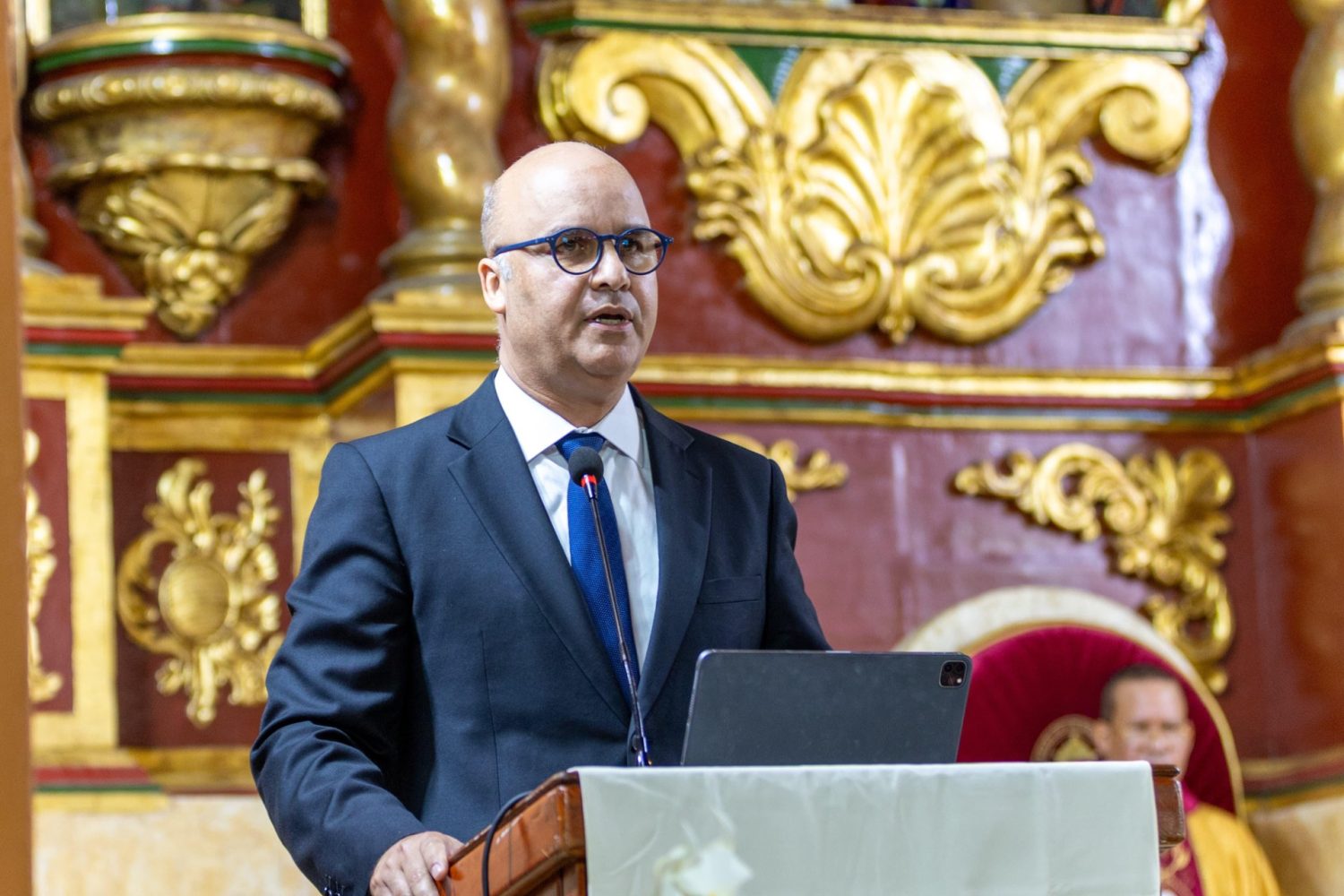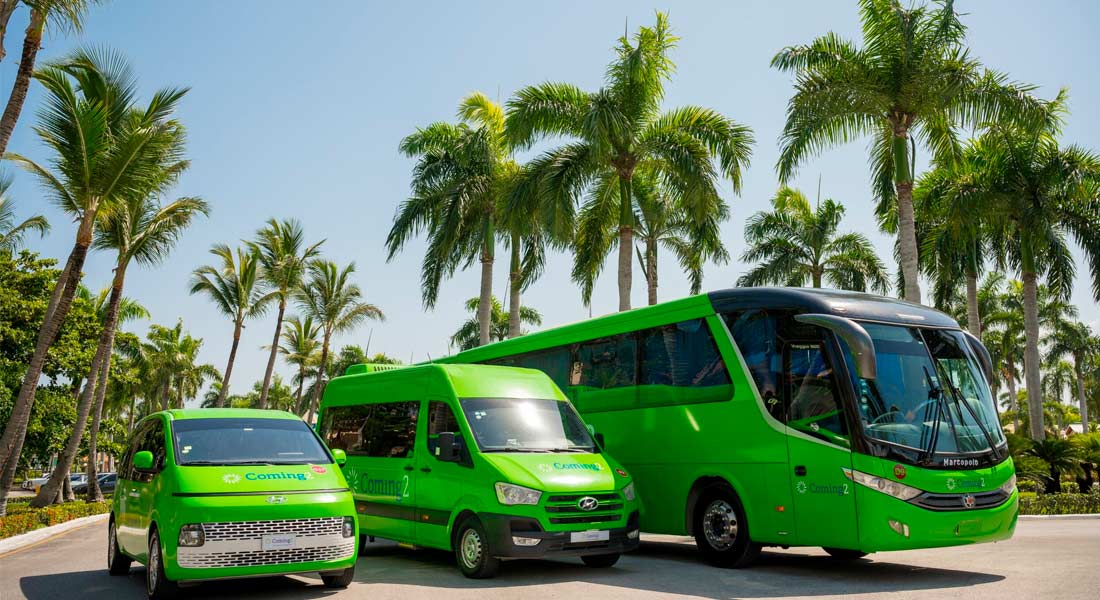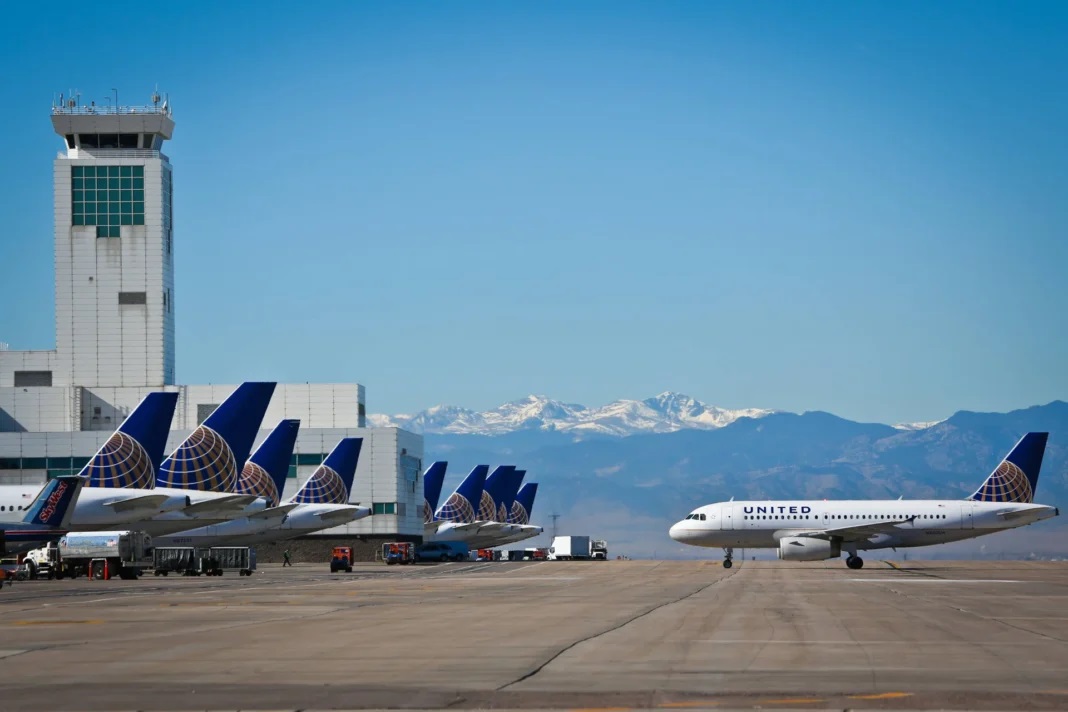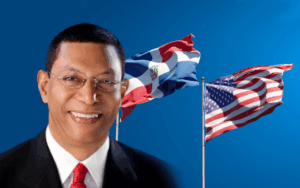Ministers of Latin America and the Caribbean strengthen cooperation in the face of a triple planetary crisis

Environmental authorities from Latin America and the Caribbean today celebrated the 40th anniversary of the Forum of Environment Ministers of the region with a special session to accelerate multilateral action in the face of the triple planetary crisis of climate change, biodiversity loss and pollution and the waste crisis.
More than 17 delegations headed by environment ministers and high authorities in person and six delegations virtually join the Forum in San José, Costa Rica. They address ways to promote the integrated implementation of multilateral environmental agreements, in a discussion with the executive secretaries of the United Nations conventions that regulate international action on climate change, biological diversity, desertification and pollution.
“As this region faces the triple planetary crisis, our vulnerabilities are exposed and we must commit to accelerating action to meet the 2030 Agenda. Solidarity pushes us to make greater efforts to find better solutions to pollution, climate change and waste. of biodiversity to truly transform societies and economies,” said Andrea Meza, Minister of Environment and Energy of Costa Rica and current President of the Forum.
“In 2022, the United Nations calls on all sectors to enter emergency mode in the face of the environmental crises facing the planet,” said Jacqueline Álvarez, regional director of the United Nations Environment Program (UNEP) in Latin America and the Caribbean. “Our countries face enormous challenges in resolving these crises and protecting their people, particularly the most vulnerable. This regional forum is a platform for action-oriented cooperation that UNEP has proudly served since its inception.”
As part of the two-day event, the ministers will have the opportunity to exchange ideas and coordinate regional actions for the resumption of the Fifth Session of the United Nations Environment Assembly (UNEA-5), which will take place from February 28 in Nairobi, Kenya. .
Among the items under discussion is the negotiation of several resolutions to be presented to UNEA-5, such as one on nature-based solutions and another on the possible establishment of an intergovernmental negotiating committee to create a binding global agreement on plastic pollution. Together, Peru and Rwanda are proposing this resolution, along with Chile, Colombia, Costa Rica, the Dominican Republic, Ecuador, Peru, Uruguay, and others.
The ministers and high-level representatives will also define measures for the implementation of the regional Action Plan for the Decade of Ecosystem Restoration – the first of its kind in the world -, and mechanisms to increase funds for climate adaptation in the region, which has some of the most vulnerable countries to climate change.
UNEP’s 2021 Adaptation Gap Report found that there is an urgent need to increase financing for climate adaptation. Estimated adaptation costs in developing countries are five to ten times higher than current public adaptation finance flows, and the adaptation finance gap is widening, the report says.
The ministers join groups of finance experts, private sector leaders and representatives of youth, civil society and indigenous peoples, who are seeking integrated solutions to stop environmental degradation and generate economic growth in a heavily affected region. due to the effects of the COVID-19 pandemic.
The Minister for the Pacific and Environment of the United Kingdom’s Foreign, Commonwealth and Development Office, Zac Goldsmith, announced that his country will allocate 2 million pounds sterling (US$ 2.6 million) to help the countries of the Corridor Eastern Pacific Marine – Costa Rica, Panama, Colombia and Ecuador – to expand and connect its marine protected areas to conserve one of the most biodiverse marine environments in the world.
The Forum of Environment Ministers is promoting solutions to pressing regional challenges through the progressive closure of dumpsites, financial mechanisms for climate action and forest protection, the advancement of circularity, monitoring of air quality, among others.
The Forum is the oldest and most important instance of cooperation between environmental authorities in the region. Its first meeting took place in Mexico City in 1982 and since 1985 it has held biennial meetings, each chaired by a country from the region.
Due to the COVID-19 pandemic, the special session of the Forum is being held in strict compliance with the sanitary and biosafety measures established by the Costa Rican Ministry of Health.





